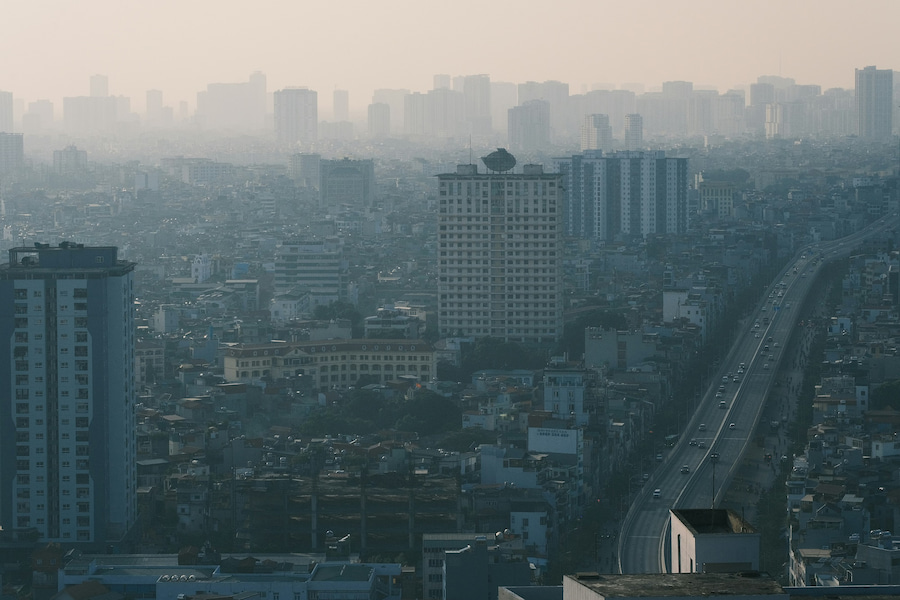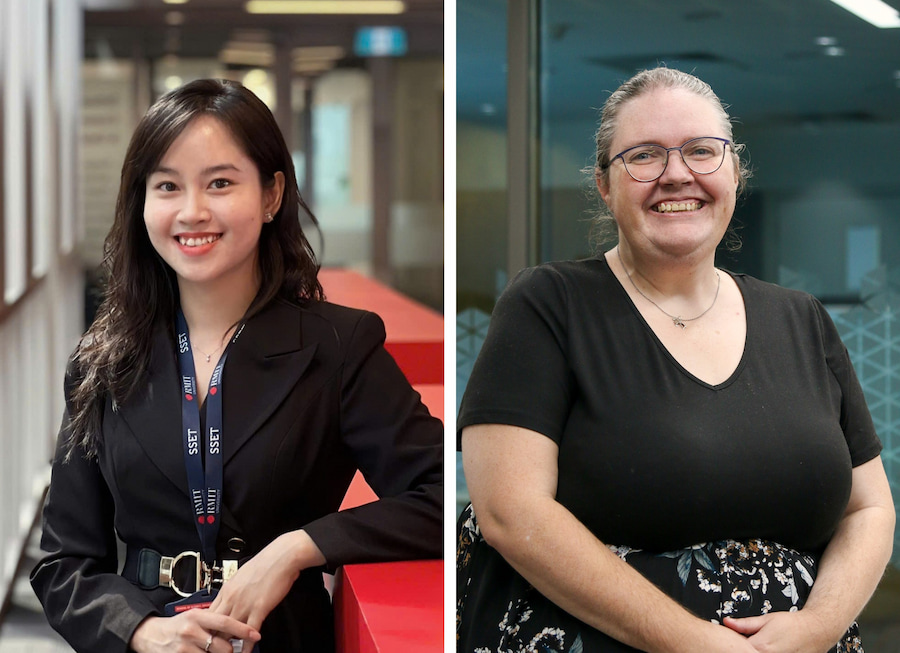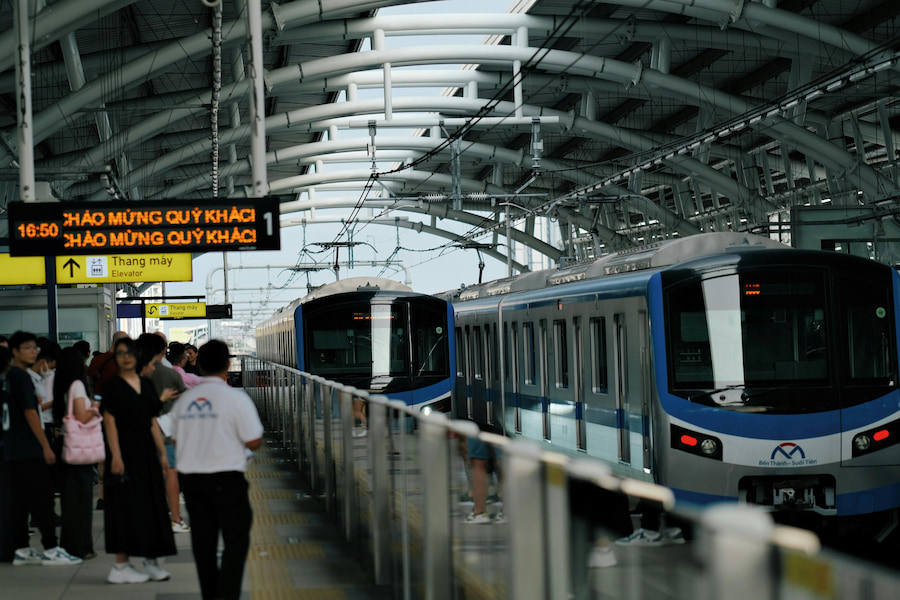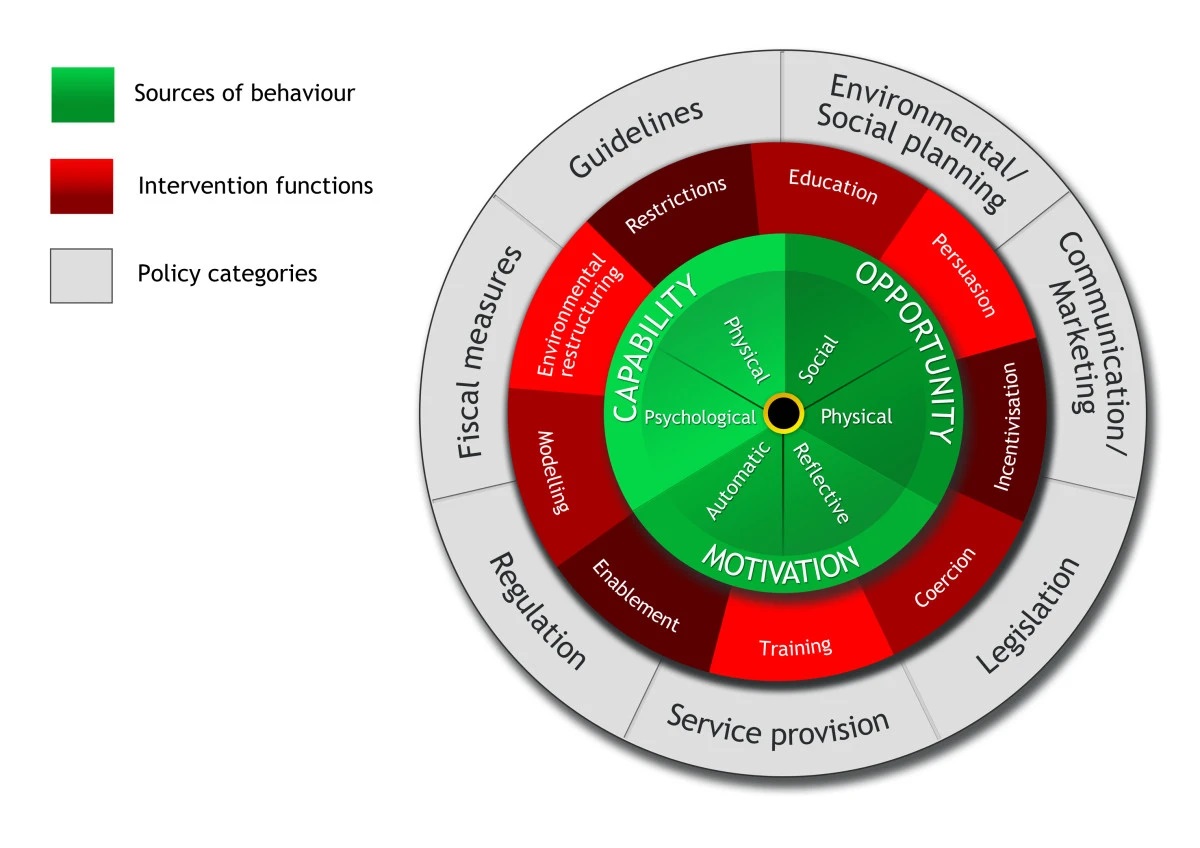Why do we stick with harmful habits?
One habit ripe for change in Vietnam is the heavy reliance on personal vehicles, says Ms Phuong.
Personal vehicles offer immediate perks such as speed, convenience, no waiting time, and humans often prioritise short-term rewards over long-term benefits. Such instant rewards bring satisfaction to our brains, and this gratification is the starting point of forming bad habits: once it feels good, we will continue to do it, to the point when such behaviour is performed automatically without much conscious awareness.
Thus, “we optimise for immediate outcomes, even if delayed rewards are better for us”, Dr Phillips explains.
This mental shortcut is driven by how our brains form habits. Ms Phuong adds, “Habits help us save brain energy by automating decisions. In contrast, conscious thinking and planning, such as choosing bus over motorbike, happens at the prefrontal cortex, a more evolved brain area for humans but is also more energy consuming.”
Over time when a behaviour repeats, the brain learns to form a shortcut, shifting decision-making from the energy-intensive prefrontal cortex to the dorsal striatum, the brain’s habit centre. Breaking this loop is difficult but possible.
Changing habits requires more than willpower
Research has shown that changing a habituated behaviour requires more than a single approach; it demands a comprehensive, multi-level strategy that considers the context in which behaviour occurs. This includes interventions at the individual, community, and national levels, Ms Phuong suggests.
At the individual level, classic behavioural theories from psychology can be used to influence habits. Although brain shortcuts are easily formed, they are not immutable—we can “unlearn” behaviours through the same mechanisms.








